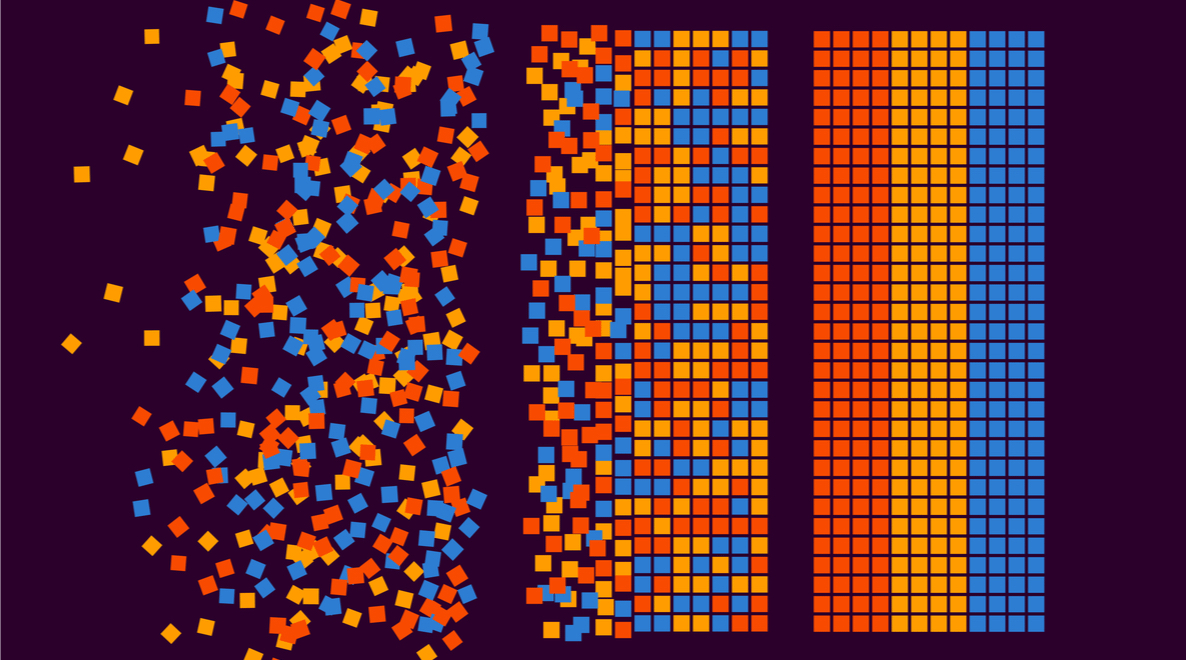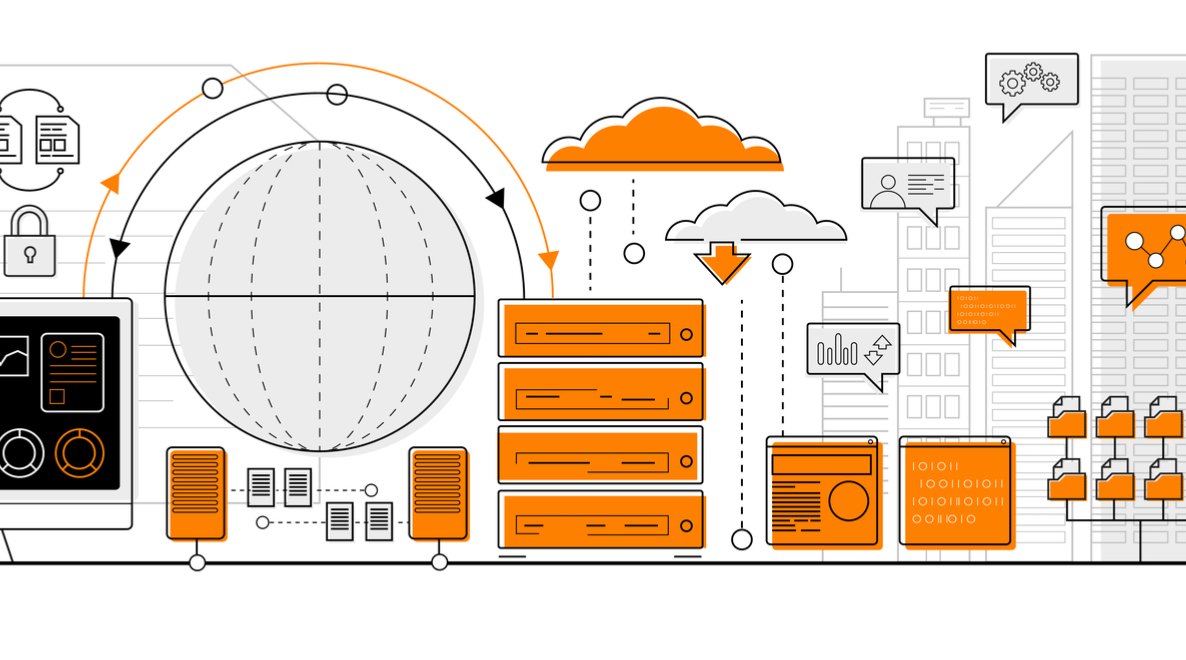There are plenty of excellent reasons to look toward a career in big data—lucrative salaries, strong growth rates, and plenty of ways to create a specialized niche for yourself in a secondary area of interest.
But it takes time, commitment, and perseverance to find success in this industry. You’ll typically need at least a bachelor’s degree to work in big data. We can help: See some of the top options in our rankings for the Best Online Bachelor’s in Big Data Degrees and Best Bachelor’s in Big Data Degrees.
Here’s what else you’ll need to be successful in a big data career.
Personality Traits
Big data is, at its core, an analytical field. To be successful in big data, you’ll need to have strong math skills, keen attention to detail, and the ability to think carefully and logically through problems.
Many aspects of data analysis will require the professional to start with a problem or question that needs to be answered. The data analyst must be able to think about this question in the full context of their organization and industry, and develop a strategy to answer it.
This process will include determining what data to examine and how to collect it; deciding how the data will be analyzed; and implementing a technical means to carry out those plans. The results will then need to be carefully reviewed for errors, analyzed for patterns, and disseminated to technical and non-technical audiences.
The various aspects of an analyst’s work incorporate skills in statistics, computer science, research design, and communication. It requires patience, precision, and the ability to adapt to new problems. All of these skills are necessary to fulfill the job requirements of a data analyst or data scientist.
Education Requirements
Nearly all occupations in big data will require a bachelor’s degree. Whether you plan to work as a data architect, data visualization engineer, or analytics manager, you’ll typically need a four-year degree from an accredited university before you land your first job in the industry.
It’s worth noting, however, that the degree doesn’t necessarily need to be in a data analytics field. Many big data professionals began their career with a bachelor’s degree in economics, social science, business, computer engineering, or another discipline.
The key components of big data are applied mathematics, practical computer science, and statistical techniques. Any degree program that provides a strong foundation in those core areas can lead to a job in big data.
Some jobs will require a master’s degree, particularly managerial positions. For data scientists or other big data professionals working in a supervisory role, you may earn a master’s degree within data analysis, or a more business-oriented degree. An M.B.A. in Business Analytics provides an excellent balance of business, leadership, and data science emphasis.
Doctorate degrees are generally not required except for top-level supervisory positions at major firms, or for university professors with an interest in big data research.
Certifications and Credentials
While not required, there are a number of certifications that you may wish to pursue. Earning one or more certification that’s relevant to your field can hone your professional skills and greatly increase your value to possible employers.
Some certifications are associated with a significant bump in earning potential. The average salary for a big data analytics professional with a Google Analytics Certification is $96,745. For professionals with a Sun Certified Java Programmer (SCJP) certification, the average pay is $119,592 per year.
A Project Management Professional certification from the Project Management Institute is one of the most potentially lucrative credentials a data scientist can earn. This certification can raise the average expected salary up to $136,495 per year.











